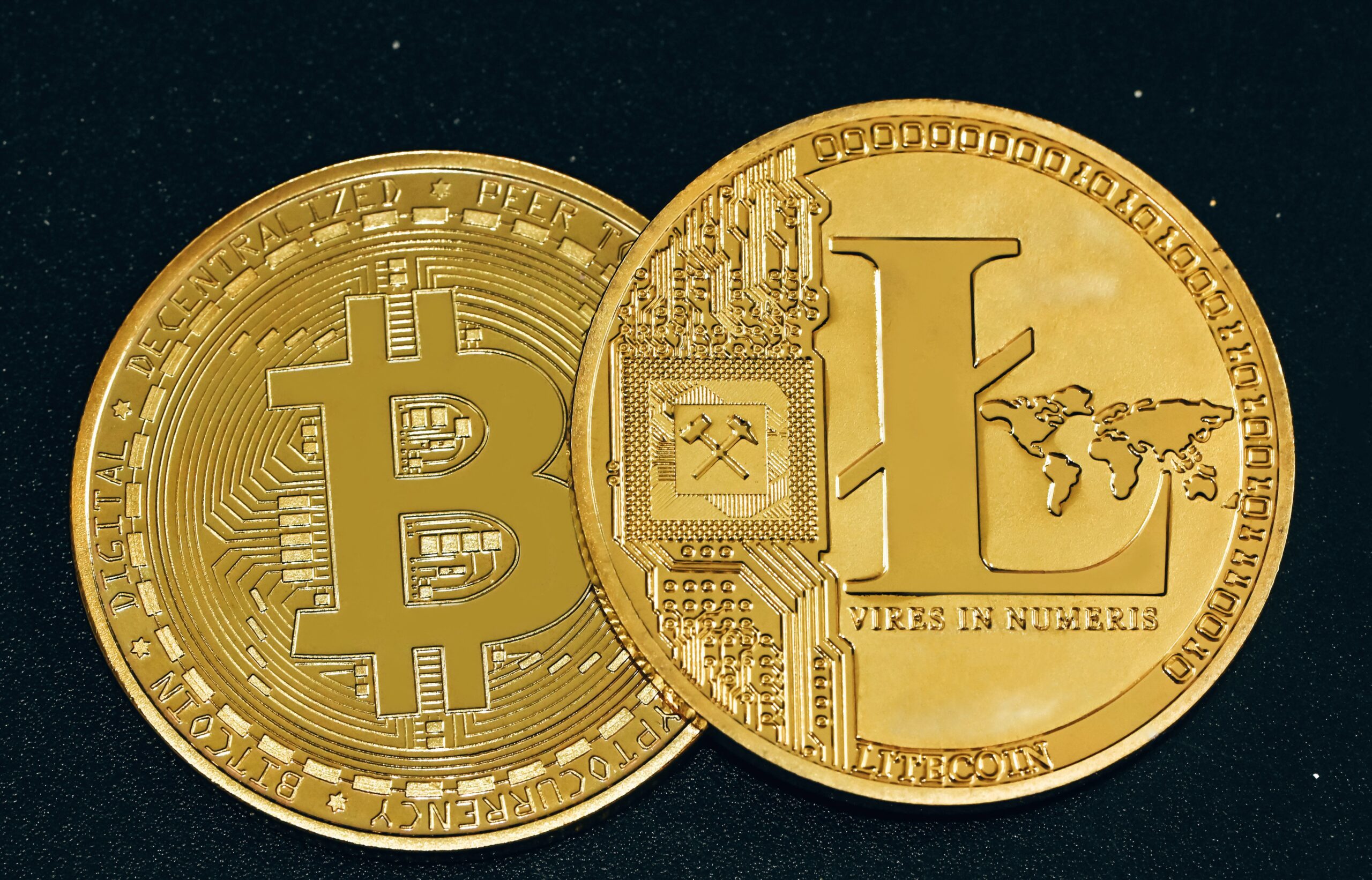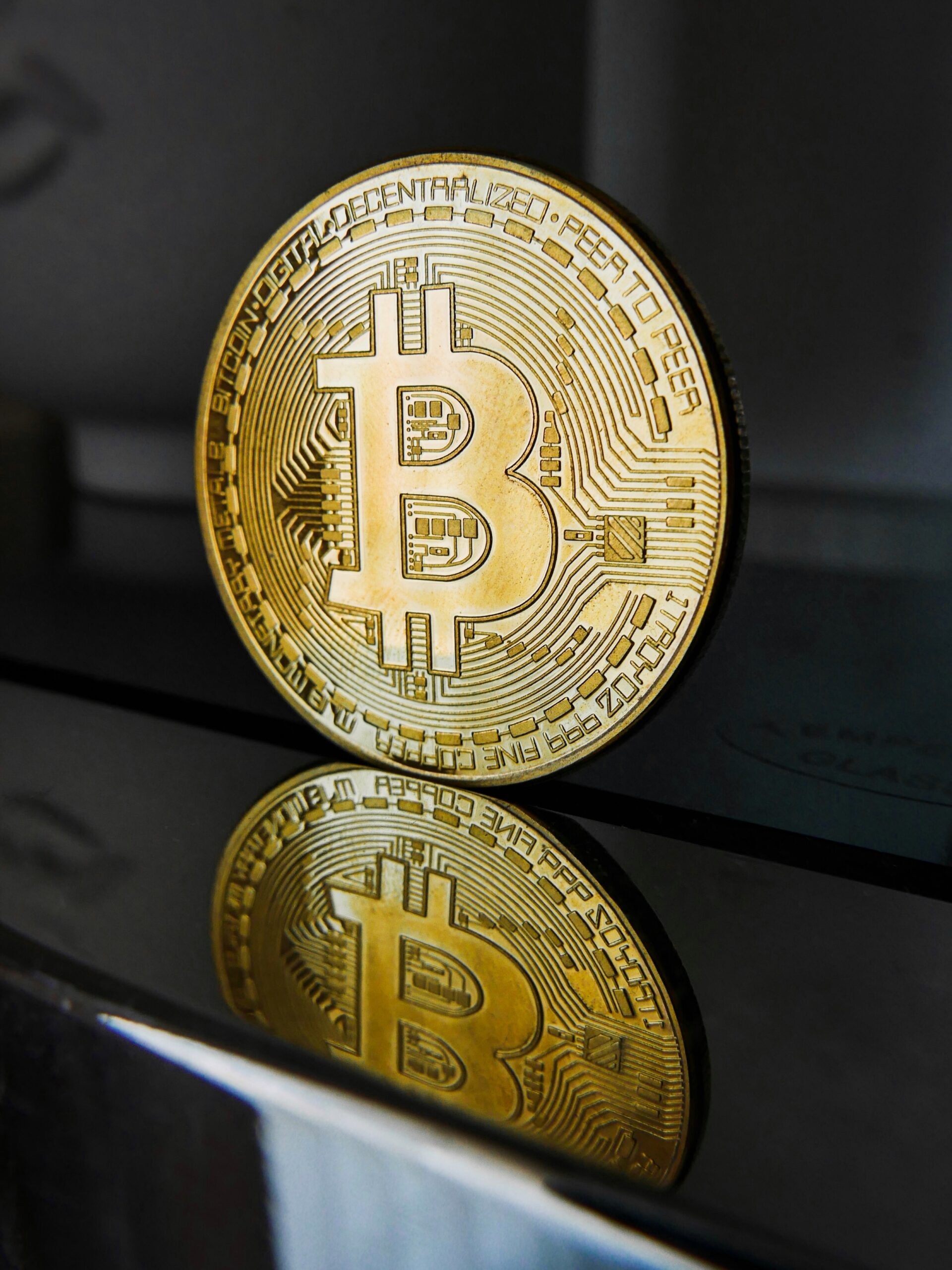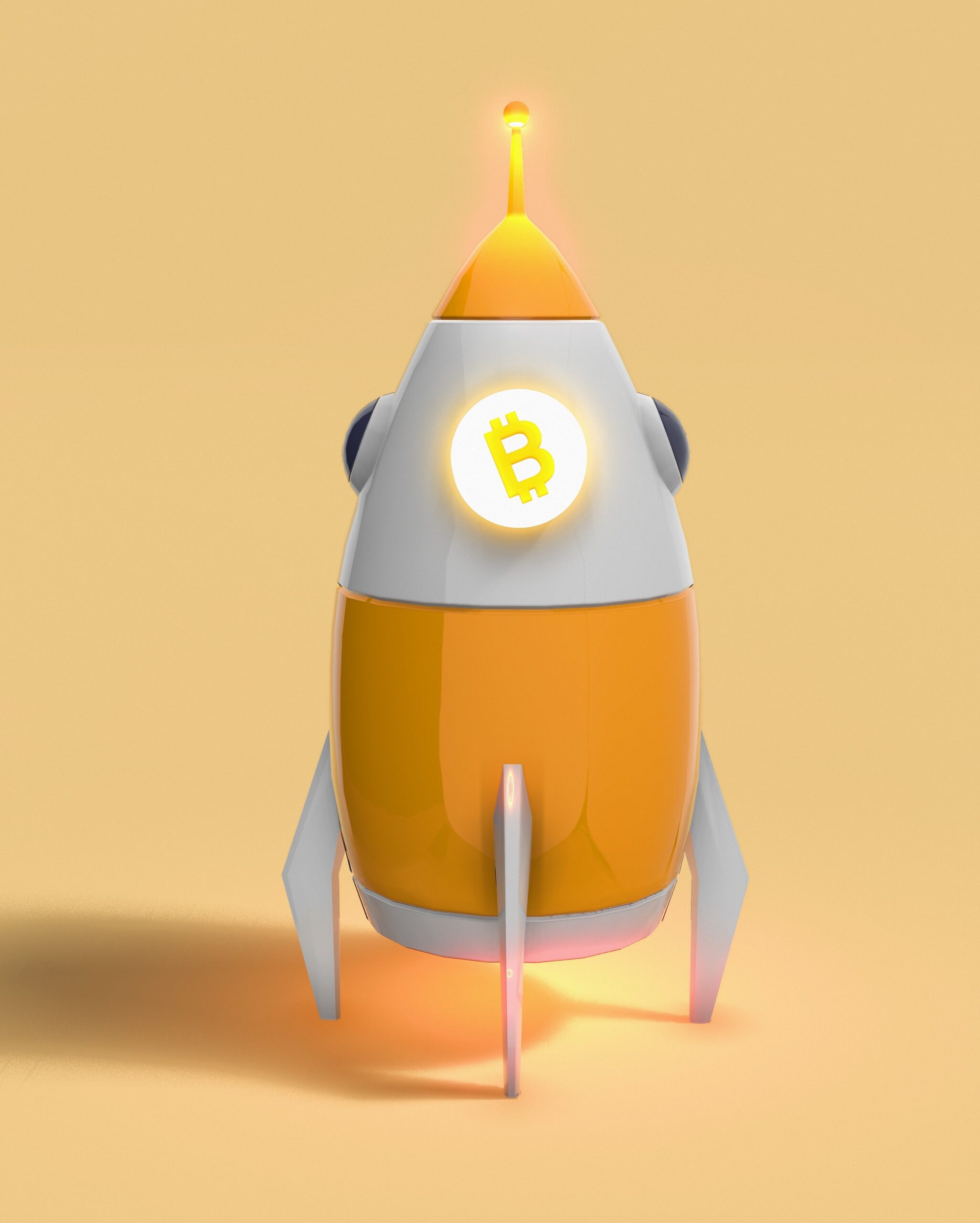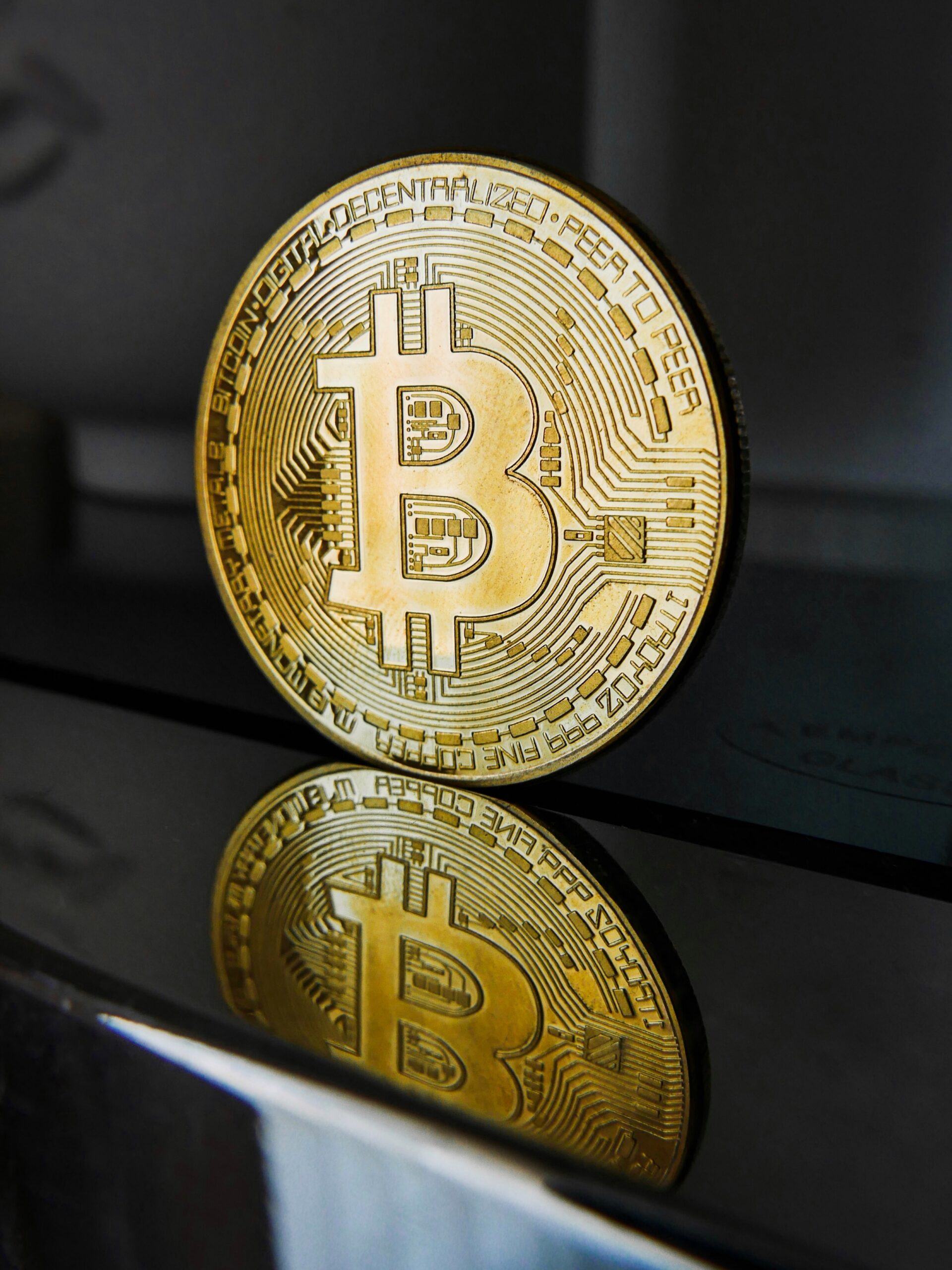Have you ever heard of smart contract platforms like Solana and Binance Smart Chain? These platforms have been creating quite a buzz in the world of blockchain technology. With their ability to execute self-executing contracts without any third-party involvement, they are revolutionizing various industries, from finance to gaming and beyond. In this article, we will explore the features and benefits of Solana and Binance Smart Chain, shedding light on how they are shaping the future of decentralized applications and paving the way for a more transparent and efficient digital economy. So, sit back, relax, and let’s dive into the fascinating world of smart contract platforms!

Smart Contract Platforms
Introduction to smart contract platforms
Smart contract platforms are an integral part of blockchain technology, providing the infrastructure for creating, deploying, and executing smart contracts. These platforms enable the automation of contractual agreements and eliminate the need for intermediaries, making transactions more efficient, transparent, and secure.
Role of smart contracts in blockchain technology
Smart contracts are self-executing contracts with the terms of the agreement directly written into lines of code. They automatically execute once the predetermined conditions are met, ensuring trust and eliminating the need for intermediaries. Smart contracts play a crucial role in blockchain technology by enabling decentralized applications (dApps), decentralized finance (DeFi) protocols, and the tokenization of assets.
Solana
Overview of Solana
Solana is a high-performance blockchain platform designed for decentralized applications and decentralized finance. It aims to provide developers and users with fast and scalable solutions without compromising on security. Solana achieves high transaction throughput and low latency by utilizing a unique combination of technologies, including a Proof of History (PoH) mechanism.
Key features of Solana
Solana offers several key features that set it apart from other smart contract platforms. It provides sub-second transaction finality, allowing for near-instant settlements. With Solana’s high scalability, thousands of transactions can be processed per second, ensuring smooth and efficient operations. Additionally, Solana’s low transaction fees make it an attractive choice for users and developers.
Consensus mechanism in Solana
Solana implements a unique consensus mechanism called Proof of History (PoH). PoH provides a historical proof of the order and time of events in the network, allowing validators to agree on the current state of the blockchain quickly. By using PoH in combination with Proof of Stake (PoS), Solana ensures secure and efficient block production and validation.
Scalability of Solana
Solana’s architecture is designed to scale horizontally, meaning that the network can handle increased transaction volumes by adding more nodes to the network. This scalability allows Solana to process thousands of transactions per second and ensures that the network can accommodate the growing demand for decentralized applications and DeFi platforms.
Security measures in Solana
Solana implements several security measures to protect the network and its users. It utilizes strong cryptography and secure hashing algorithms to ensure the integrity and privacy of transactions. Additionally, Solana’s validators are carefully selected to maintain the decentralization and security of the network. Regular security audits and bug bounties further enhance the security of the platform.
Binance Smart Chain
Introduction to Binance Smart Chain
Binance Smart Chain (BSC) is a blockchain platform developed by Binance, one of the largest cryptocurrency exchanges globally. BSC aims to provide a scalable and efficient infrastructure for developers to build decentralized applications and enable the seamless transfer of digital assets. It operates in parallel with Binance Chain, enhancing compatibility and interoperability.
Key features of Binance Smart Chain
Binance Smart Chain offers several key features that make it an attractive choice for developers and users. It provides fast block times, enabling quicker confirmation of transactions and efficient dApp operations. BSC also supports the Ethereum Virtual Machine (EVM), allowing developers to deploy Ethereum-compatible smart contracts and decentralized applications on the BSC network.
Consensus mechanism in Binance Smart Chain
Binance Smart Chain utilizes a variant of the Proof of Stake (PoS) consensus mechanism called Proof of Staked Authority (PoSA). Validators in BSC are selected based on the number of Binance Coin (BNB) they hold and stake. This consensus mechanism ensures the security and decentralization of the network while maintaining high transaction throughput.
Interoperability of Binance Smart Chain
BSC offers interoperability with other blockchains, enabling seamless cross-chain transfers of assets and the interaction with various decentralized applications. This interoperability expands the possibilities for developers and users, as they can leverage the features and benefits of multiple blockchain networks.
Security measures in Binance Smart Chain
Binance Smart Chain prioritizes the security and safety of its users’ assets. It utilizes robust cryptographic algorithms and secure coding practices to protect the network and its participants. BSC also implements regular security audits to identify and mitigate any potential vulnerabilities, ensuring a secure environment for developers and users alike.
Comparing Solana and Binance Smart Chain
Performance and speed
When it comes to performance and speed, both Solana and Binance Smart Chain are known for their high transaction throughput and low latency. Solana, with its Proof of History mechanism, can process thousands of transactions per second with sub-second finality. Binance Smart Chain, on the other hand, provides fast block times and efficient confirmation of transactions, allowing for quick settlements.
Scalability and throughput
Scalability is a crucial factor for smart contract platforms, especially in the context of growing demand for decentralized applications and DeFi protocols. Solana’s horizontal scalability architecture enables it to handle increased transaction volumes by adding more nodes to the network, ensuring smooth operations even under high demand. Binance Smart Chain’s PoSA consensus mechanism also contributes to its scalability, allowing for high transaction throughput.
Smart contract functionality
Both Solana and Binance Smart Chain support the deployment of smart contracts and the development of decentralized applications. Solana’s compatibility with existing programming languages and frameworks makes it attractive for developers, providing flexibility and ease of use. Binance Smart Chain, with its support for the Ethereum Virtual Machine, allows developers to leverage existing Ethereum smart contracts and tools.
Interoperability and cross-chain compatibility
Interoperability is an essential feature for smart contract platforms, as it allows for the seamless transfer of assets and the interaction with different blockchain networks. Binance Smart Chain’s interoperability capabilities enable users to transfer assets between BSC and other chains, expanding the possibilities for developers and users. Solana, although not as widely interoperable, focuses on providing a high-performance environment within its network.
Token standards and ecosystems
Both Solana and Binance Smart Chain have vibrant ecosystems with a wide range of token standards and applications. Solana supports the SPL token standard, which allows for the creation and management of various types of tokens. Binance Smart Chain, on the other hand, supports the BEP-20 token standard, which is compatible with the popular ERC-20 standard. These token standards enable the creation of decentralized finance protocols, Non-Fungible Tokens (NFTs), and other innovative applications.

Use Cases
Decentralized Finance (DeFi)
Smart contract platforms like Solana and Binance Smart Chain have become the backbone of the decentralized finance industry. DeFi applications built on these platforms enable users to access financial services such as lending, borrowing, and yield farming without relying on traditional intermediaries. The high performance and scalability of Solana and Binance Smart Chain contribute to the efficiency and success of DeFi protocols.
Non-Fungible Tokens (NFTs)
Non-Fungible Tokens (NFTs) have gained significant popularity, thanks to smart contract platforms like Solana and Binance Smart Chain. Artists, creators, and collectors can tokenize and trade digital assets such as artwork, music, and virtual real estate on these platforms. Solana’s high throughput and BSC’s broad user base provide a vibrant marketplace for NFTs.
Decentralized Applications (dApps)
Smart contract platforms serve as the foundation for decentralized applications, revolutionizing industries such as gaming, social media, and supply chain management. Developers can leverage the features and benefits of Solana and Binance Smart Chain to build high-performance, scalable, and secure dApps that operate without the need for centralized authorities.
Tokenization of assets
The tokenization of real-world assets, such as real estate, stocks, and commodities, is made possible by smart contract platforms like Solana and Binance Smart Chain. By digitizing these assets and representing them as tokens on the blockchain, they become more accessible, tradable, and divisible. This opens up new investment opportunities and enhances liquidity in traditional markets.
Supply chain management
Smart contract platforms have the potential to transform supply chain management by providing transparency, traceability, and efficiency. By leveraging the immutability and automation of smart contracts, Solana and Binance Smart Chain enable secure and tamper-proof tracking of goods, verification of authenticity, and optimization of logistics processes.
Challenges and Future Outlook
Scalability and network congestion
As smart contract platforms continue to grow in popularity, scalability becomes a crucial challenge. Solana and Binance Smart Chain have made significant strides in addressing this challenge, but the continuous expansion of their user base and the increasing complexity of applications will require ongoing efforts to ensure scalability and avoid network congestion.
Security vulnerabilities and audits
The security of smart contract platforms is of utmost importance, as any vulnerabilities can lead to the loss of user funds and erode trust in the ecosystem. Regular security audits, bug bounties, and continuous monitoring are essential to identify and address potential vulnerabilities. Solana and Binance Smart Chain have implemented robust security measures, but the evolving threat landscape requires constant vigilance.
Competition from other platforms
The blockchain industry is highly competitive, with various smart contract platforms vying for dominance. Solana and Binance Smart Chain face competition from other platforms such as Ethereum, Polkadot, and Avalanche. The ability to attract developers, build strong ecosystems, and offer unique features will be crucial in maintaining their position in the market.
Regulatory challenges
The regulatory landscape surrounding blockchain technology and cryptocurrencies is still evolving. Smart contract platforms like Solana and Binance Smart Chain must navigate the regulatory frameworks of different regions while ensuring compliance with relevant laws and regulations. Regulatory clarity and cooperation will be essential for the long-term success of these platforms.
Emerging trends and potential advancements
The blockchain industry is dynamic and continually evolving, with emerging trends and potential advancements shaping the future of smart contract platforms. Innovations such as Layer 2 scaling solutions, cross-chain interoperability protocols, and privacy-enhancing technologies have the potential to further improve the performance, security, and usability of platforms like Solana and Binance Smart Chain.

Conclusion
Smart contract platforms like Solana and Binance Smart Chain have revolutionized the blockchain industry by providing fast, scalable, and secure solutions for decentralized applications, decentralized finance, and asset tokenization. The key features, performance, and interoperability of these platforms have enabled the growth of various sectors, including DeFi, NFTs, and dApps. While challenges exist in terms of scalability, security, competition, and regulation, the ongoing development and adoption of smart contract platforms show immense potential for creating a more decentralized future.

